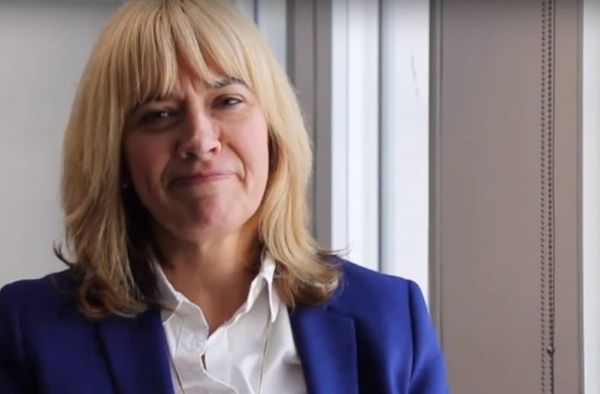Mandatory housing measures for poultry and captive birds, which were introduced across England and Wales to help stop the spread of bird flu, have today been lifted, 18 April 2023, following the latest assessment of the risk level.
Following ongoing monitoring using the latest scientific evidence and a robust risk assessment, bird flu risk levels have been reduced meaning poultry and other captive birds will no longer need to be housed and can be kept outside, unless they are in a Protection Zone. The decision means eggs laid by hens with access to outside range areas can return to being marketed as free-range.
The scale of avian influenza outbreaks across the UK and Europe have been unprecedented with over 330 cases confirmed across the country since late October 2021. While the risk of bird flu has been reduced to ‘medium’ for premises with poor biosecurity, the enhanced biosecurity requirements that were brought in as part of the Avian Influenza Prevention Zone (AIPZ) will remain in force as infection may still be circulating in the environment for several more weeks. The risk of bird flu remains assessed as low where good biosecurity is applied.
Dr Christine Middlemiss, the UK’s Chief Veterinary Officer, said: “Whilst the lifting of the mandatory housing measures will be welcome news to bird keepers, scrupulous biosecurity remains the most critical form of defence to help keep your birds safe.
“It is thanks to the hard work of all bird keepers and vets who have played their part in keeping flocks safe this winter that we are in a position to take this action. However, the unprecedented nature of this outbreak has proven it’s more important than ever for bird keepers to remain vigilant for signs of disease and maintain stringent standards of biosecurity.”
Scrupulous biosecurity is the most effective method of disease control available and all bird keepers should apply enhanced measures at all times to prevent the risk of future outbreaks.
Poultry and captive bird keepers must:
- cleanse and disinfect clothing, footwear, equipment and vehicles before and after contact with poultry and captive birds – if practical, use disposable protective clothing
- reduce the movement of people, vehicles or equipment to and from areas where poultry and captive birds are kept, to minimise contamination from manure, slurry and other products, and use effective vermin control
- thoroughly cleanse and disinfect housing on a continuous basis
- keep fresh disinfectant at the right concentration at all farm and bird housing entry and exit points
- minimise direct and indirect contact between poultry and captive birds and wild birds, including making sure all feed and water is not accessible to wild birds
- be vigilant for any signs of disease in their birds and any wild birds, and seek prompt advice from their vet if they have any concerns.
Bird keepers should report suspicion of disease in England to the Defra Rural Services Helpline on 03000 200 301, in Wales contact 0300 303 8268. In Scotland, contact your local Field Services Office. In Northern Ireland contact DAERA on 0300 200 7840 or your local DAERA Direct Regional Office.


